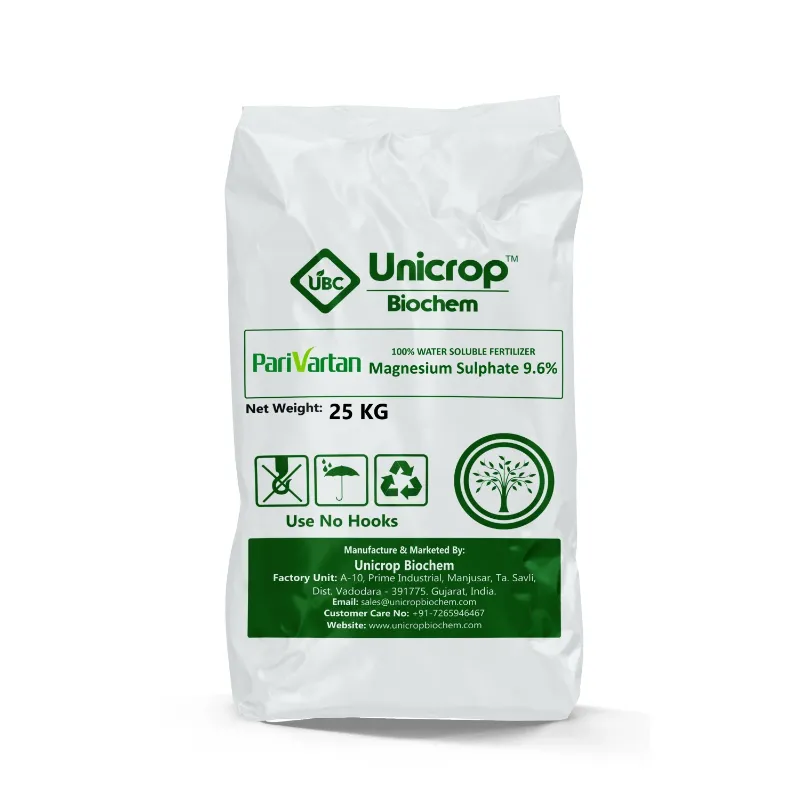So Fertilizers play a crucial role in enhancing crop productivity and ensuring food security, but their use is not without social considerations. So In this blog post, we’ll explore the social considerations associated with fertilizer use, highlighting the benefits and challenges they present for farmers and communities.
Economic Impacts:
Fertilizer use can have significant economic implications for farmers, affecting their profitability, livelihoods, and economic well-being. While fertilizers can increase crop yields and farm incomes, their cost can be a burden for small-scale and resource-limited farmers, particularly in developing countries. Balancing the economic benefits of fertilizer use with its affordability and accessibility is essential to ensure that all farmers can access the inputs they need to sustainably improve their yields and incomes.
Food Security and Livelihoods:
So the Fertilizers play a crucial role in supporting global food security by enhancing crop yields and ensuring stable food supplies. Improved crop productivity resulting from fertilizer use can help alleviate hunger, reduce food insecurity, and improve livelihoods for millions of smallholder farmers around the world. However, ensuring equitable access to fertilizers and promoting sustainable fertilizer management practices are essential to address food security challenges and support the livelihoods of farming communities.
Social Equity and Inclusivity:
Access to fertilizers and other agricultural inputs is not equitable across regions and communities, leading to disparities in agricultural productivity and income levels. Socio-economic factors such as land ownership, gender, ethnicity, and socio-cultural norms can influence farmers’ access to fertilizers and their ability to adopt fertilizer-intensive farming practices. Promoting social equity and inclusivity in fertilizer distribution and agricultural support programs is essential to ensure that all farmers have equal opportunities to benefit from improved crop productivity and sustainable agricultural development.
Environmental Justice:
Fertilizer use can have environmental justice implications, particularly in communities located near intensive agricultural areas. The environmental impacts of fertilizer use, such as water pollution, soil degradation, and greenhouse gas emissions, can disproportionately affect vulnerable and marginalized communities, including indigenous peoples, rural populations, and low-income households. Addressing environmental justice concerns requires promoting sustainable fertilizer management practices, reducing environmental pollution, and engaging affected communities in decision-making processes related to agricultural development and land use.
Cultural and Ethical Considerations:
Fertilizer use can also raise cultural and ethical considerations related to traditional farming practices, indigenous knowledge systems, and sustainable land management approaches. In some cases, intensive fertilizer use may conflict with cultural values and traditional farming methods that prioritize environmental stewardship, soil conservation, and biodiversity conservation. Balancing modern agricultural practices with cultural and ethical considerations is essential to promote sustainable farming systems that respect local knowledge, traditions, and values.
Conclusion:
Fertilizer use is intertwined with a complex array of social considerations that encompass economic, food security, equity, environmental justice, and cultural dimensions. Addressing these considerations requires a holistic approach that promotes sustainable fertilizer management practices, fosters social equity and inclusivity, and respects cultural diversity and traditional knowledge systems. By addressing the social dimensions of using fertilize, we can promote inclusive and sustainable agricultural development that benefits farmers, communities, and the environment alike.





















